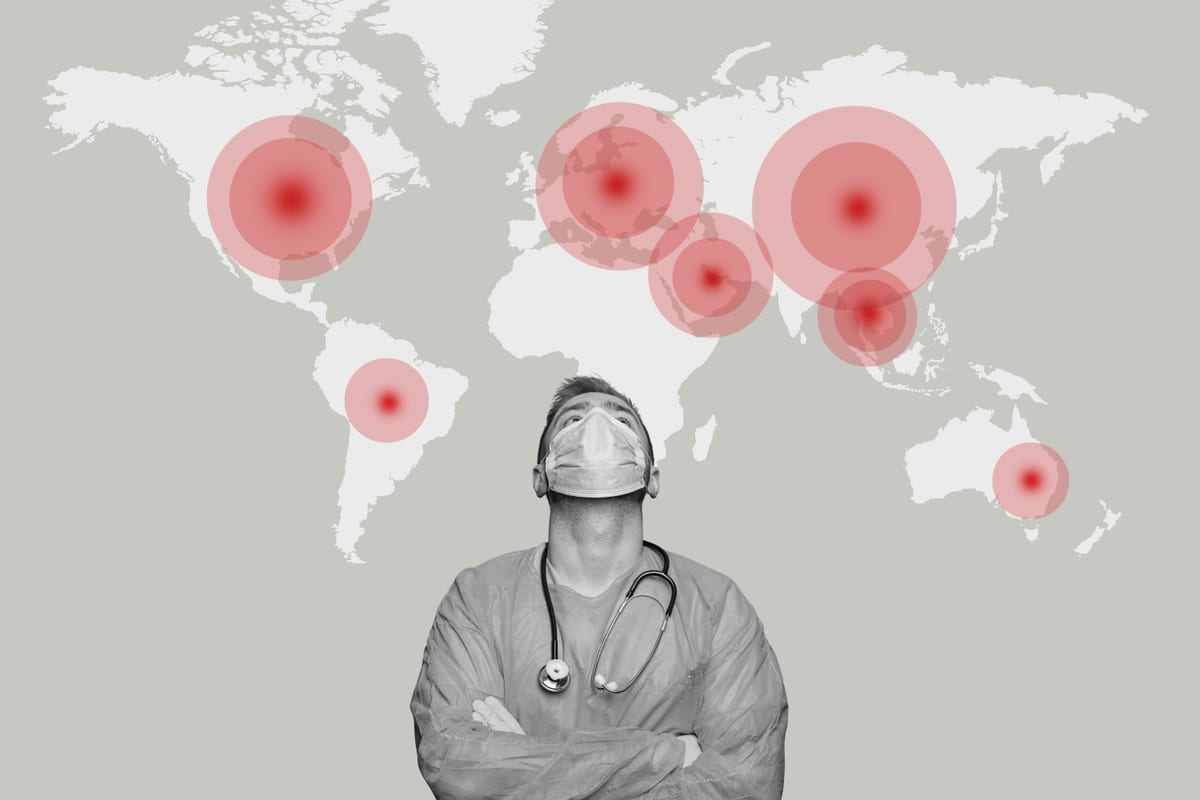Titles of selected working papers and collaborators are listed below. Please contact me if you are interested in any of the papers not available for download here or are particularly interested in having the most recent version.

Quantifying the Social Value of a Universal COVID-19 Vaccine and Incentivizing Its Development
With Rachel Glennerster, Thomas Kelly, and Claire T. McMahon.
Abstract: A booster of the COVID-19 vaccine targeting the prevailing Omicron variant did not become available in the United States until a year after the variant was first detected. This pattern of developing, testing, and distributing a variant-specific booster may become the default response to further waves of COVID-19 caused by new variants. An innovation with realistic scientific potential—a universal COVID-19 vaccine, effective against existing and future variants—could provide much more value by preempting new variants. Averaged across Monte Carlo simulations, we estimate the incremental value to the U.S. population of a universal COVID-19 vaccine to be $1.5–$2.6 trillion greater than variant-specific boosters (depending on how the arrival rate of variants is modeled). This social value eclipses the cost of an advance market commitment to incentivize the universal vaccine by several orders of magnitude.

Vaccine Supply Chain Resilience and International Cooperation
With Chad Bown and Robert Staiger.
Abstract: We construct a theoretical model in which a country's government procures a vaccine from a firm to protect its citizens against pandemic harm. The firm can accelerate the vaccine's availability by investing before regulatory approval, but this risks stranding investment if approval fails. The government can encourage such at-risk investment by adding capacity subsidies on top of its procurement price. We analyze the optimal procurement mechanism under asymmetric information about the firm's cost and study how this mechanism changes when part of the vaccine supply chain is located offshore. In the absence of international cooperation on vaccine supply-chain policies, offshoring leads the government to reduce the subsidy to avoid information rents leaking to foreign firms whose profits it does not internalize. A second distortion arising with offshored vaccine inputs is that the foreign government may restrict exports in a crisis, holding up the capacity subsidy. Calibrations using estimates of the costs and benefits of a Covid-19 vaccine suggest that the identified distortions can be substantial and that international cooperation aimed at reducing them can result in a many-fold improvement in program net benefits.

Money Isn’t Everything: Estimating the Prestige Value of Winning Cutthroat Kitchen from Overbidding in Sabotage Auctions
With Meg Snyder, Daniel Bragen, and Matthew Rousu.
Abstract: We seek to estimate the prestige value of winning beyond monetary prizes in Cutthroat Kitchen, a cooking show in which dishes are judged in a series of elimination rounds, with the twist that action is periodically paused to auction sabotages against rivals. We estimate the distribution of contestants’ prestige values using a structural model of bidding by a contestant with rational expectations about sabotage effectiveness taken from the data. Our most conservative specification—allowing for risk aversion and bias in the beliefs about sabotage effectiveness—yields mean prestige values of nearly $10,000 for typical episodes and over $35,000 for tournaments.

Costs of Managerial Attention and Activity as a Source of Sticky Prices: Structural Estimates from an Online Market
With Sara Fisher Ellison and Hongkai Zhang.
Abstract: We study price dynamics for computer components sold on a price-comparison website. Our fine-grained data—a year of hourly price data for scores of rival retailers—allow us to estimate a dynamic model of competition, backing out structural estimates of managerial frictions. The estimated frictions are substantial, concentrated in the act of monitoring market conditions rather than entering a new price. We use our model to simulate the counterfactual gains from automated price setting and other managerial changes. Coupled with supporting reduced-form statistical evidence, our analysis provides a window into the process of managerial price setting and the microfoundation of pricing inertia, issues of growing interest in industrial organization and macroeconomics.

Worst-Case Bounds on R&D and Pricing Distortions: Theory and Disturbing Conclusions if Consumer Values Follow the World Income Distribution
With Michael Kremer.
Abstract: We prove that, for general demand and cost conditions and market structures, the fraction of first-best surplus that a monopolist is unable to extract in a market provides a tight upper bound on the relative distortions arising from firms’ equilibrium decisions at all margins (entry and pricing). Continuing with this worst-case perspective, we show that a symmetrically truncated Zipf (STRZ) distribution of consumer values generates the lowest producer surplus among those with a given mean and maximum value. This allows us to relate potential deadweight loss from all margins in a market to the Zipf-similarity of its demand curve. The STRZ distribution also bounds deadweight loss at just the pricing margin. We leverage existing results from industrial organization (e.g., on demand curvature) and statistics (e.g., on the relation between means and medians) to bound producer surplus in an array of important special cases. Calibrations based on the world distribution of income generate extremely Zipf-similar demand curves, with disturbing consequences for potential deadweight loss in global markets.
- Working paper
- Related VoxEU article "Worst-Case Deadweight Loss: Theory and Disturbing Real-World Implications" (with Michael Kremer and Albert Chen), March 2019